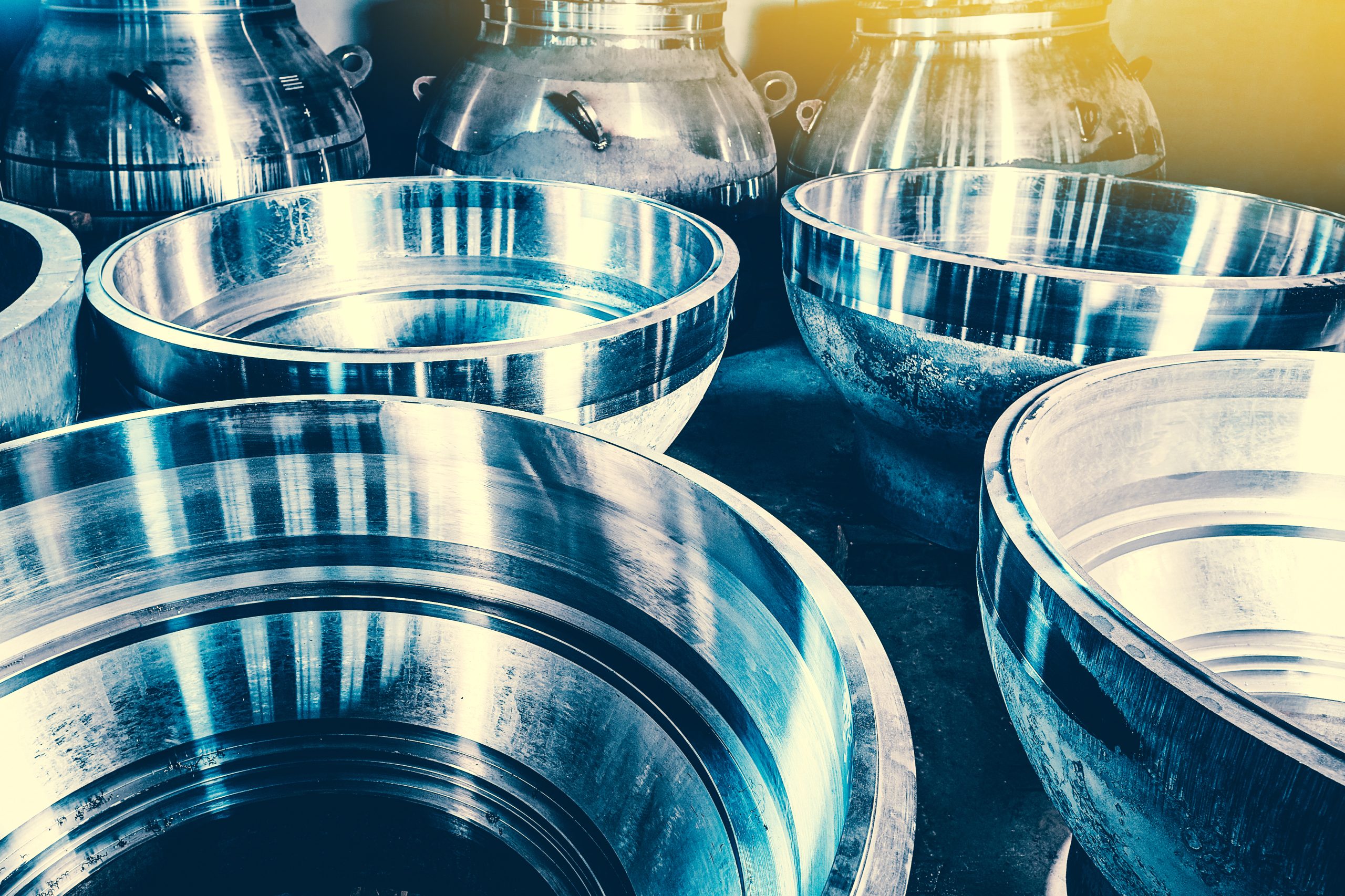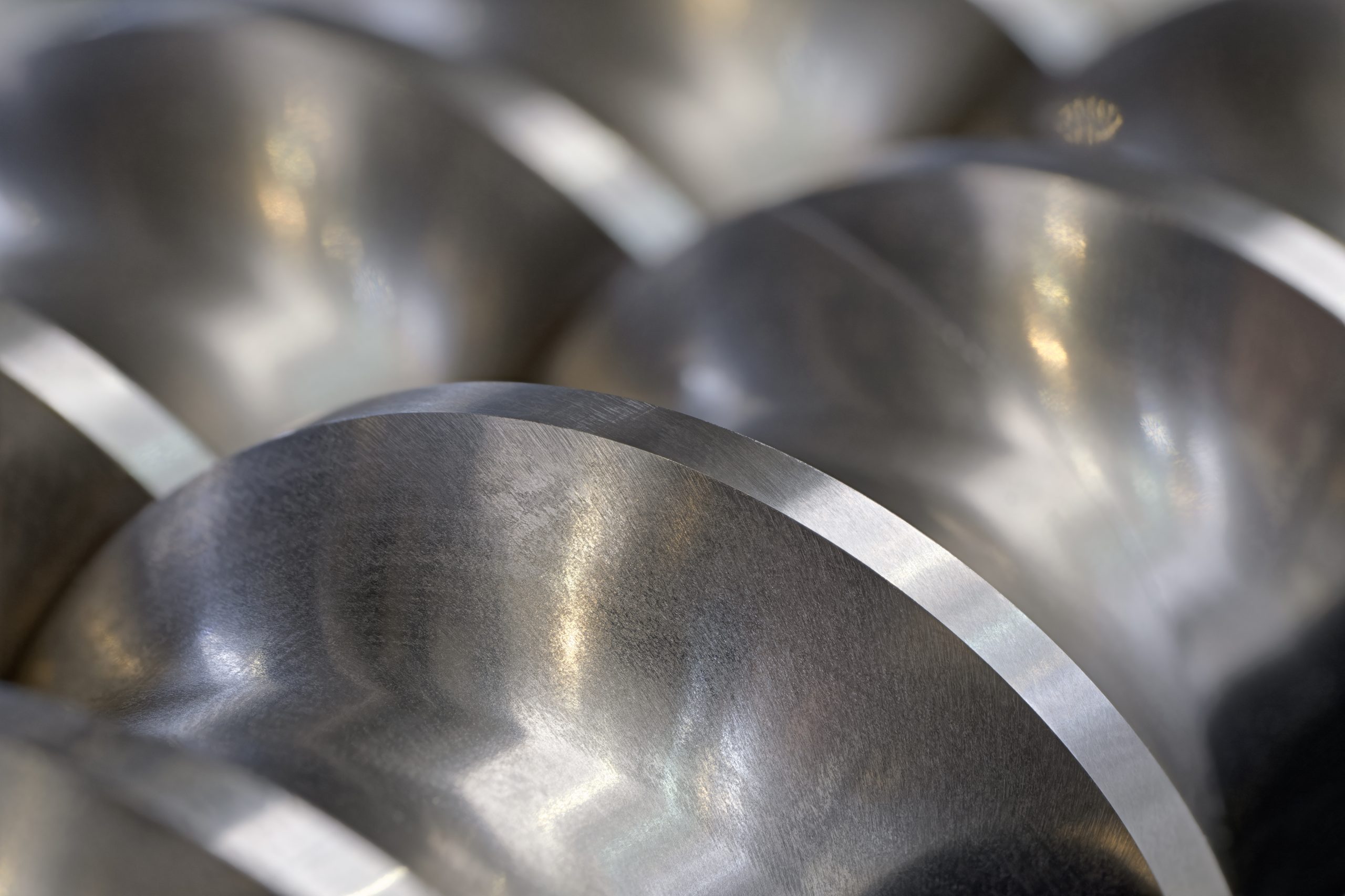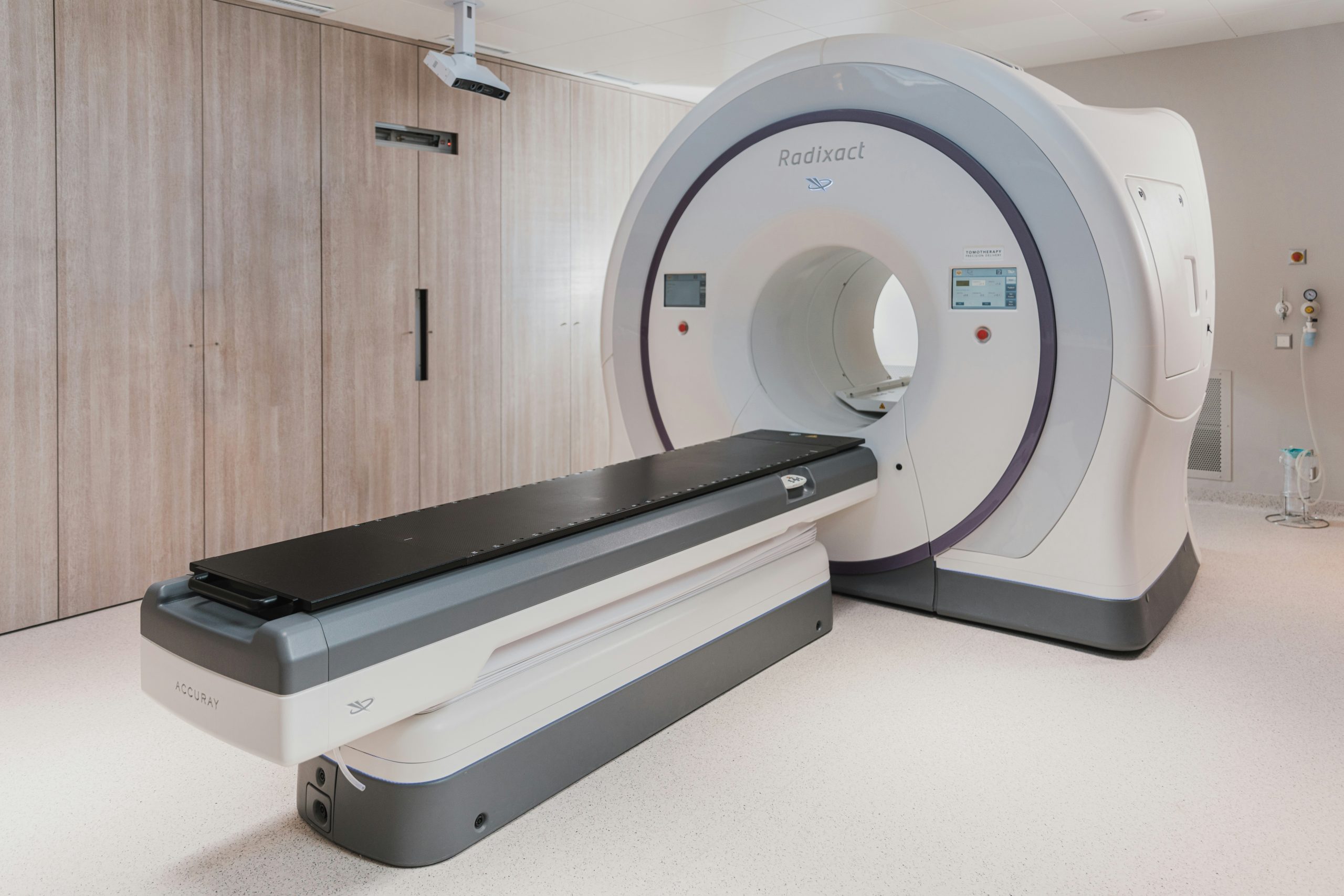
When to Choose Metal Spinning Over Deep Drawing or Presswork: A Practical Guide for Design Engineers


The metal spinning process is a versatile one, able to produce results for a range of projects across different industries. This is primarily because metal spinning can mass produce key parts, including metal spun pressure vessels, cones, hemispheres, and more. However, bespoke metal spinning services can also be used to bring unique designs to life. This post examines how metal spinning can be applied to the medical sector, the materials used, and why is it so impactful.
When it comes to medical tools and equipment, manufacturers can’t just use any material. Instead, metals must be chosen that are able to resist corrosive substances, drastic temperature changes, excessive forces, and can be cleaned with ease. Of these, the most commonly used in stainless steel due to its strength and corrosion resistance. The most common alloys are 302, 304, and 316. Read about the ‘Benefits of using 304 stainless steel in your metal spinning projects’. However, there are other metals that can see niche applications across the medical sector. These include:
Oftentimes, the metals used in the medical sector must undergo certain finishing processes to imbue the part with specific properties. For instance, finishing can add additional corrosion resistance. Tanfield Metal Spinners offer a comprehensive metal finishings service that includes modern techniques such as Anodising, Electropolishing, and Pickling & Passivating.
The skills possessed by expert metal spinners are highly demanded by the medical industry for a number of reasons. Chief among these is the range of medical products that can be created through metal spinning. Relevant metal spun parts include casings for medical scanners, housings for lighting components, implants, and other precise equipment components. Metal spinning is effective at achieving high levels of precision and tolerance in forming which, coupled with the lack of waste, makes the process desirable for medical manufacturers.
The metal spinning process is also flexible, able to incorporate many different metals and designs in order to help the devices perform their intended function. For instance, your project can include metals that can easily undergo sterilisation or take on finishings. Experienced metal spinners will also make sure your parts meet any and all compliance standards that are present in your field of medicine. Our Inspection and Quality procedures have been developed over the course of many years.
At Tanfield Metal Spinners, we don’t just possess knowledge of metal spinning, but also how it can be applied to various industries and sectors. This is because we understand fundamentally how certain materials will react to this cold forming process and the outcomes it can achieve for medical companies. Get in touch if you have any questions about our services.